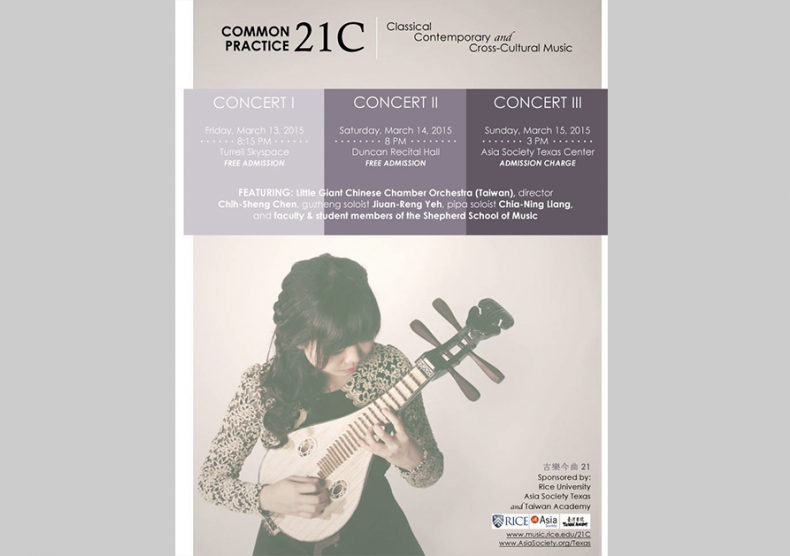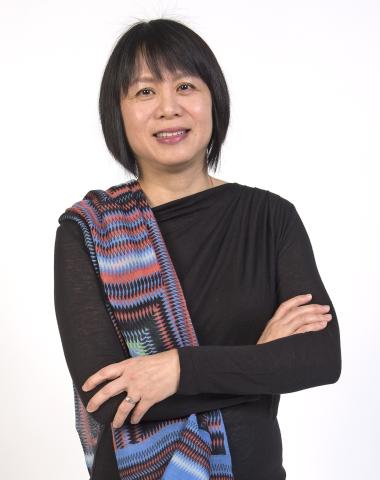

Festival Director Welcome
Shih-Hui Chen
In Western music, the Common Practice era—roughly 1600 to 1900—was defined by its adherence to customary harmonic and melodic practices. Similarly, older Chinese music remained grounded in its own traditional perspective and performance practice. Until recently, these two musical cultures remained self-contained with little crossover.
Common Practice 21C, a three-day festival devoted to the cross-fertilization of these cultures, presents an international selection of traditional and new music by composers and musicians from Taiwan, China, Korea, Hong Kong, Malaysia, and Japan as well as the United States. I believe strongly that, in our age of digital communication, perceived barriers between countries and continents have shifted, bringing humanity closer together while blurring the lines between cultures. Expanding our musical perspective by sharing ideas, rather than continuing to focus on individualistic world views, seems to be the best and most logical way of moving forward.
My desire for the future is to nurture the creation of a second Common Practice in music, one that transcends ethnocentric barriers. Ultimately, my hope is that through mutual understanding and cooperative efforts, collectively, we can develop a musical language that is neither Asian nor Western, but one that embraces the traditions of both hemispheres, East and West. This event is designed as a step along that path by encouraging interactions between communities on campus, presenting public concerts and lectures, and providing a forum for practitioners to share their perspectives on this topic.
Finally, I’d like to extend a warm, Texas welcome to all of the performers, composers, and speakers participating in this event from around the United States and the world. I also want to express my genuine appreciation and thanks to the amazing staff at the Shepherd School and Rice University for their help in coordinating this event, as well as all of the generous sponsors whose support made this festival possible.
